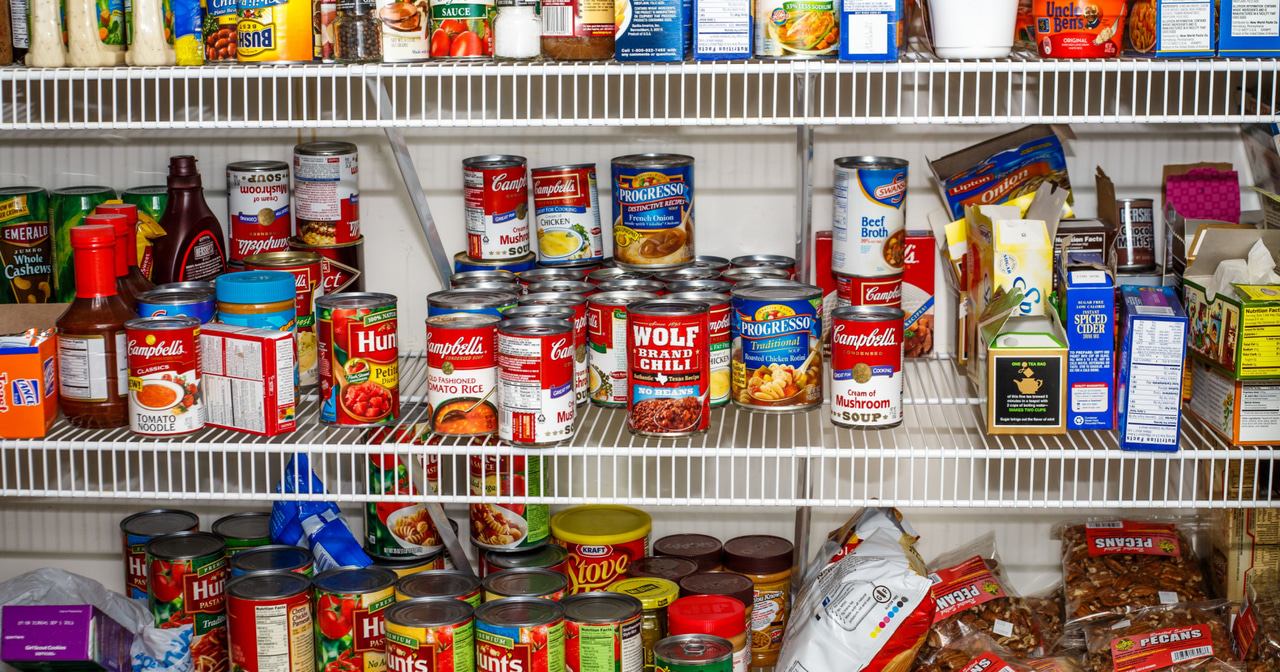University researchers are using AI to fight food insecurity
Researchers at the University of Houston and University of Arizona are turning to artificial intelligence to better grasp the scope of the issue.
April 4, 2023

Food insecurity is top of mind for many foodservice providers, and from community outreach to food recovery programs, a number of them have initiatives in place to combat the issue.
Last year, the American College of Physicians declared food insecurity a “public health threat,” noting that an estimated one in 10 Americans struggle with access to food.
Despite the evidence that food insecurity is a significant challenge for American households, recent efforts to identify the problem may have gone by the wayside amid the pressures of the pandemic. According to a recent study out of the University of California at Davis, only 7% of primary care providers screened patients for food insecurity during the COVID-19 pandemic.
Some researchers are looking at technology to find more impactful solutions. At two universities, they are turning to artificial intelligence (AI) for help.
Using AI to create a food security dashboard
Hannah Kerner, a researcher at the University of Arizona is working with NASA Harvest, NASA’s food security and agriculture program, to develop a food security dashboard. The dashboard uses machine learning and satellite observations of Earth to create new datasets for measuring and monitoring agricultural production across Maui County in Hawaii, according to a statement.
Machine learning, which is a branch of AI, uses data to train models to predict variables or future outcomes. These specific models will be able to predict gaps in local food supply and access, which decision-makers can then use to identify where crop growth can be more successful, according to the statement.
They can also use the data to provide farmers with insights to assist them in growing food more locally.
“The dashboard will focus on supporting small-scale, independent and Indigenous farmers in Maui County and fill critical gaps in the knowledge of agricultural production at multiple scales across the county,” Kerner said in a statement. “It will also enable decision-makers and members of the Maui County community to continuously monitor the status and conditions of crops grown locally and develop policies and programs to boost production by small and indigenous farmers in a sustainable and culturally appropriate way.”
An AI-based platform to facilitate communication
At the University of Houston, a research team is aiming to use AI to grow access to food.
The team is developing an AI-based platform that will help food pantries communicate with other pantries, food donors and agencies. The platform will also help to provide culturally aware and personalized food to clients, according to a statement.
According to Ioannis Kakadiaris, principal investigator of the project, the platform will help identify the nutritional needs, cultural preferences, and food preparation equipment and supplies on hand at food-insecure household. In addition, it could help streamline logistics, and improve communication and coordination between stakeholders in the food charity system.
The platform could also potentially use food delivery services such as DoorDash to transfer the food, as well as help facilitate the opportunity to reward donors.
"Donors could receive NFT [non-fungible tokens] that will say how good of a donor they have been in the past month," Kakadiaris said in the statement. "I envision having gold, silver or bronze donors, depending on how much food they have donated over the past month or week."




